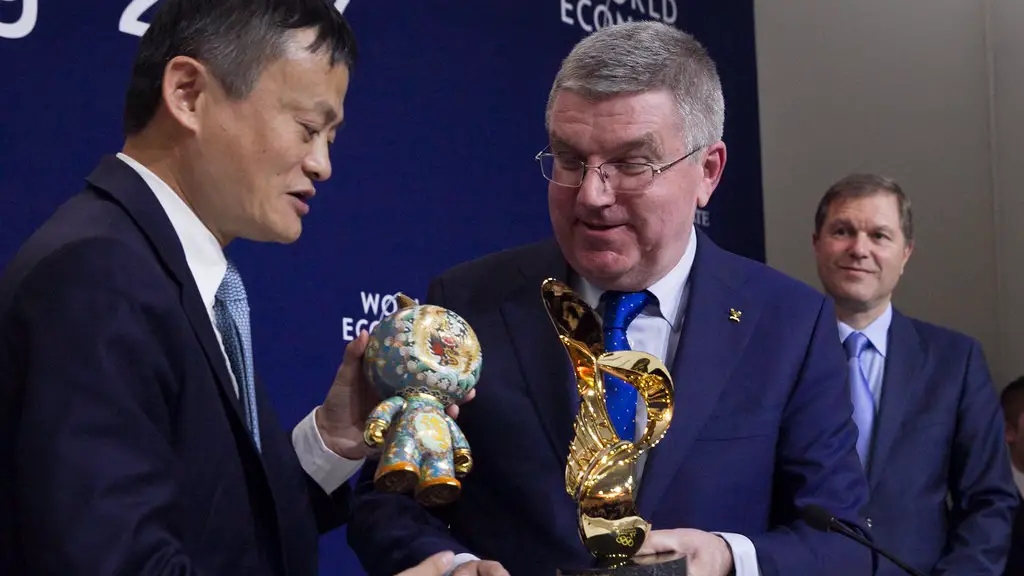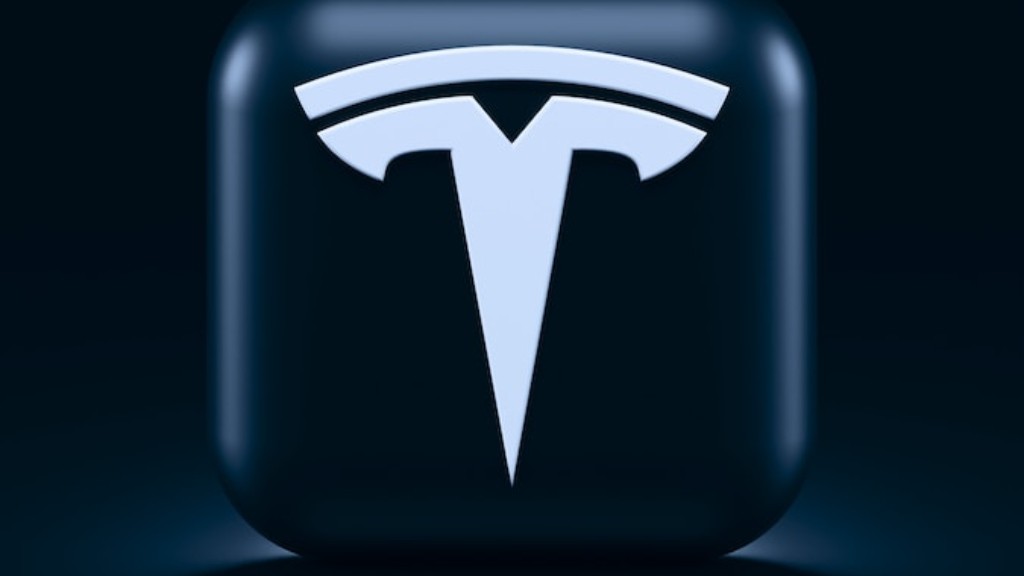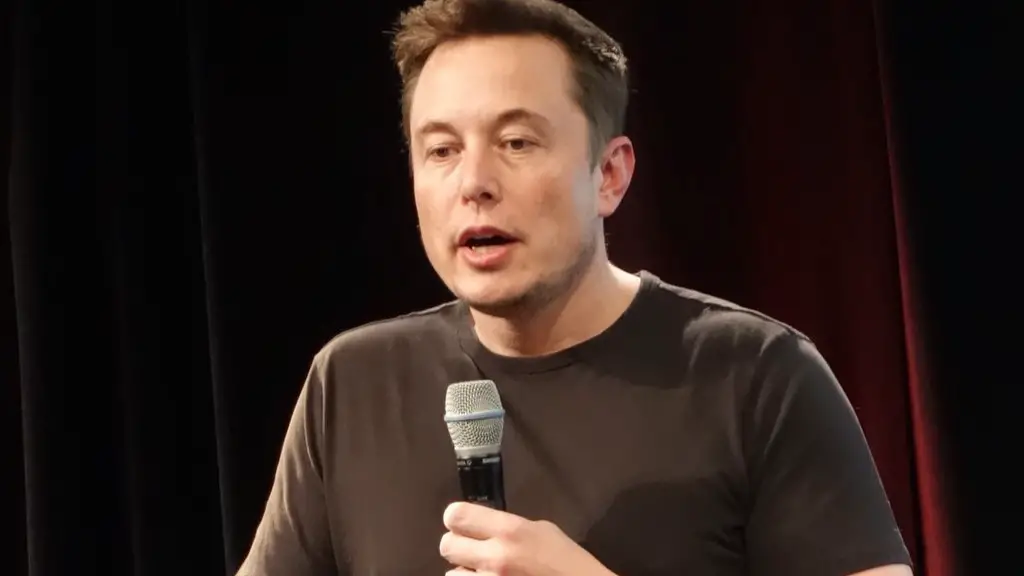Does Elon Musk believe in the Matrix?
The Matrix is a 1999 sci-fi film created by the Wachowskis that explores the idea of humans [caught in a simulated reality called the Matrix, created by an artificial intelligence]. The film explores a world in which AI has taken over and the humans who still live in a simulated reality
Elon Musk, the founder and CEO of Tesla has long been one of the biggest proponents of the idea that technology could advance far enough to one day create simulated realities indistinguishable from our own. He has on several occasions expressed his belief that AI is likely to create worlds much like the Matrix.
In an interview with the astrophysicist Neil DeGrasse Tyson, Musk expressed his belief that we are living in a computer simulation. He has also said that the odds that we are living in “base reality” and not in a computer simulation designed by some advanced civilization is one in billions.
Musk has also suggested that the chances of AI eventually creating simulated realities are virtually guaranteed. In a 2018 interview, Musk stated that “we’re probably already living in a simulation” and added that “it’s mostly likely that we exist in a simulation, even if that reality is limited.”
Musk believes that the only way to escape the simulated reality is to become technically advanced enough to create a reality outside of it. He has expressed that achieving this would require a massive investment in research and infrastructure. “We need to make sure our reality is not being simulated. We need to become a space-faring civilization and become independent of this simulated reality,” Musk said in the same interview.
Musk is not alone in his belief that the Matrix could one day become reality. Sci-fi author and futurist Arthur C. Clarke famously said that “any sufficiently advanced technology is indistinguishable from magic,” and experts such as AI researcher Stuart Armstrong and futurist Ray Kurzweil agree.
AI and the Human Brain
It is possible that Artificial intelligence (AI) technology will eventually reach a level of sophistication which will make it capable of simulating reality at a level indistinguishable from that of our own. In this scenario, it’s not unreasonable to think that AI could create virtual worlds that would mimic the experience of living in a physical environment
AI technology could, in theory, replicate the processing capabilities of the human brain, but this would not be simple to achieve. An AI computer would need to be able to recognize images and sounds in the same way that a human brain does, and it would need to be able to think in abstract concepts and process at speeds faster than the human brain is capable of.
Researchers are working on ways to make AI more powerful, but they are still a long way from creating an AI computer that could replicate the capabilities of a human brain. In the meantime, though, most experts agree that AI is advancing at an exponential rate, and that it will soon be capable of performing tasks that are far beyond what humans are currently capable of.
It’s unclear when AI technology will reach the level at which it could simulate reality, but it is undoubtedly something that will happen eventually.
AI and Virtual Reality
The advancement of AI technology is being closely linked to the development of virtual reality technology. With the development of virtual reality headsets, it is now possible to create a realistic simulated environment in which users can interact with their environment and other entities.
This technology could be used to create virtual worlds which would mimic the real world. It is possible that AI could be used to simulate an environment similar to the one in the Matrix, where the users could interact with their environment and with other entities in a realistic way.
In the future, it is likely that AI will be used to create virtual reality worlds that are indistinguishable from our own. This could very well lead to technology advancements that will enable AI to simulate reality at a level indistinguishable from that of our own, making it possible to create a world akin to that seen in the Matrix.
Ethical Implications
The potential for AI to create simulated realities that are indistinguishable from those of our own brings up a wide range of ethical implications. It is potentially dangerous to create a world in which the boundaries between reality and simulated realities are blurred, and in which it is impossible for humans to distinguish between what is real and what is not.
It also raises the question of whether AI should be responsible for creating such simulated realities, and what ethical and moral responsibilities AI should be expected to have when it comes to creating computer-generated worlds.
In addition, there are also the implications of how AI-created simulated realities would impact society, and the potential implications of living in a reality that is indistinguishable from our own.
Conclusion
To conclude, Elon Musk believes that the odds are overwhelmingly likely that we are living in a simulated reality created by an advanced AI. He has also suggested that the only way to escape this simulated world is to become technologically advanced enough to create our own reality outside of it. He has invested much of his resources into researching and developing AI, and it remains to be seen how this technology will continue to shape our future.
Musk’s Ideas About AI
Elon Musk has always been a vocal proponent of AI technology, and he has repeatedly expressed his belief that AI will eventually become so advanced that it will be indistinguishable from humans. His investments in AI research have been instrumental in the advancement of AI technology, and he has been critical of companies and governments who are not investing enough in this area.
Musk has often expressed his worries about the potential dangers of AI and the risk of an AI apocalypse. He beleives that AI could eventually develop a level of intelligence and autonomy that could be dangerous to humanity, and he has advocated for the development of ethics and safety measures to protect us from such a scenario.
Musk also believes that AI can be beneficial to humanity, and he has expressed his belief that AI could be used to automate mundane and dangerous jobs, allowing humans to focus on more creative endeavors. He has also suggested that AI has the potential to extend our life spans and potentially even allow us to achieve immortality.
Musk’s Vision for the Future
Elon Musk has always had an ambitious vision for the future, and his current mission is to colonize Mars. He has invested much of his resources into researching space travel and has developed the reusable rocket technology that enables us to make the trip to Mars more affordable and capable of carrying more cargo.
Musk has also been vocal about his opposition to the current generation of cars powered by internal combustion engines, and he has advocated for the widespread adoption of electric vehicles. He believes that electric cars are more efficient, safer, and less expensive in the long run than traditional cars.
In addition, Musk is also a strong believer in renewable energy sources, such as solar and wind power, and he has repeatedly expressed his belief that renewable energy is the only way to make sure that our society is sustainable.
Musk’s vision of the future is ambitious and his investments in AI and space travel have the potential to transform our world. Whether or not his vision will come to fruition remains to be seen, but it’s clear that he is passionate about using technology to make the world a better place.



